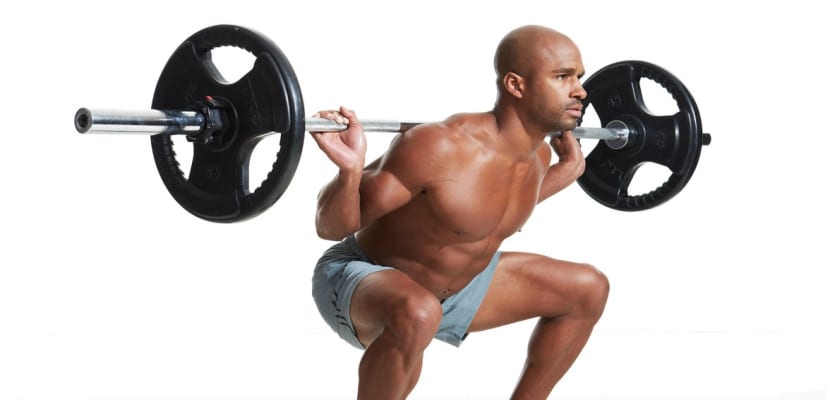El squatting It is a sports activity that prevents the gluteal muscles from relaxing. It is also practiced to strengthen the muscles of the thighs and the abdomen. To start a squat session, start by spreading your legs and flexing your legs. knees. If you have weights at home, it is convenient to take one with each hand. Arms are spread out on the sides, or lengthened forward. It is advisable to look very straight and watch so that the back is not curved.
It is also advisable to avoid that the feet look out during the exercises. This could have a negative effect on the hips and pelvis. You have to maintain this flexed position, and then regularly lower your buttocks by leaning back. It involves forming a right angle with the knees bent and then leaning on the buttocks and go up. Whenever it is necessary to take support, it is not advisable to use the tips of the feet. It is always about leaning back on your heels.
The pop squat, another variety of the classic squat
El pop squatting it is a much more rhythmic version of the classic squat. Apart from the rhythm that differentiate the two variants, the pop squatting does not require the use of dumbbells. Always in a flexed position, bring your feet together and jump as high as you can. At the time of the jump, it is advisable to spread the legs before landing. A score of jumps per session, at the rate of 3 sessions a week, for a month are enough to eliminate the fat localized.
If you have a good capacity Physics, you can intensify the sessions of squatting pop raising the arms at the moment of the jump. Movements can also be accelerated by progressively reducing the intervals between each jump. You can also put on music and follow the rhythm, while doing the jumping and jumping exercises. Push-ups.
